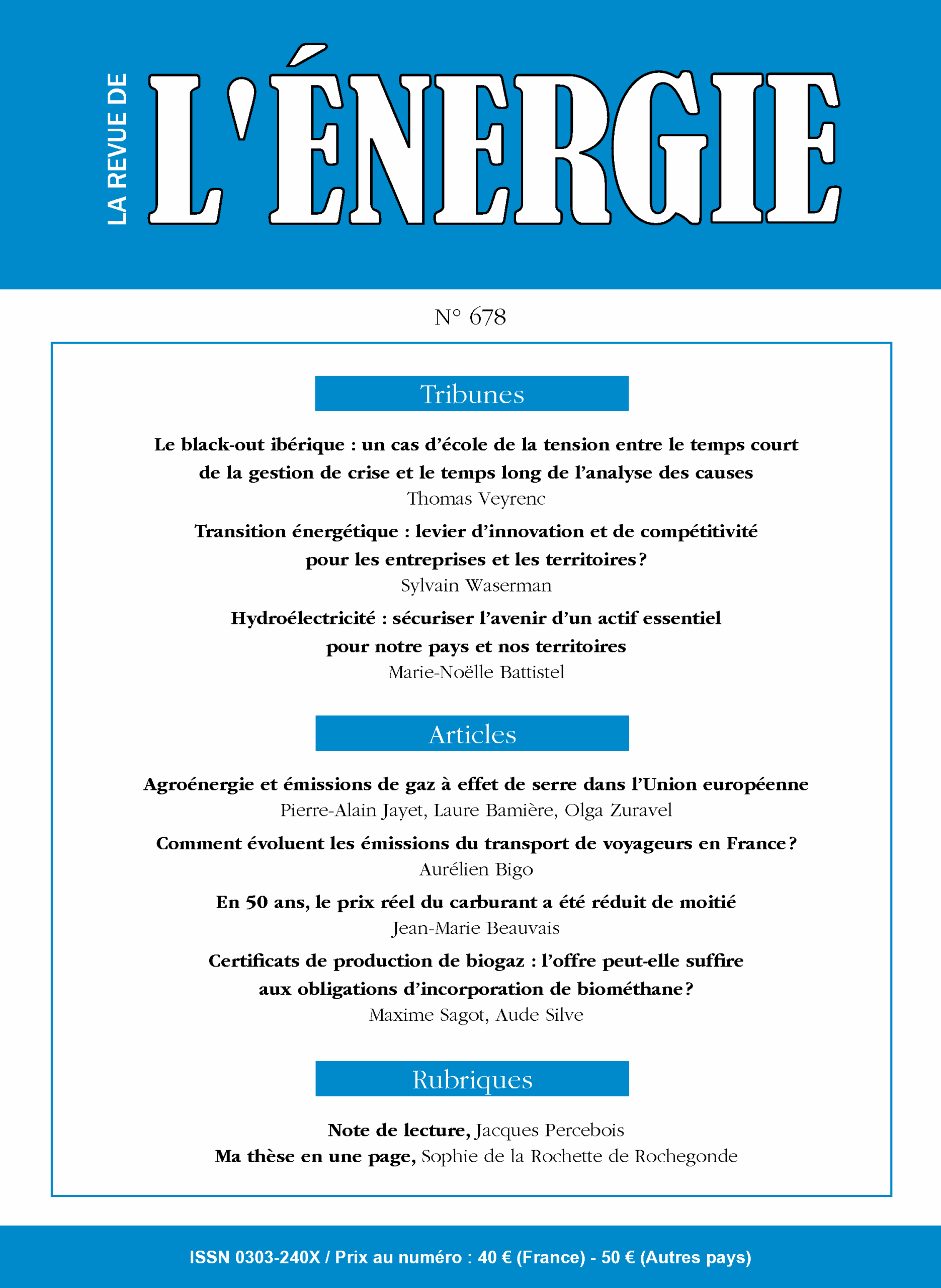Many claim that de-carbonization targets cannot be achieved without substantial development of electric energy storage (EES). However, the ever-growing interest in EES contrasts with a lack of commercial penetration in Europe. One reason may be that electricity markets, since their inception, have not evolved in a way that encourages flexibility either as a requirement, or as a means, including EES. This may obstruct innovation and development of flexible systems, which could significantly contribute to the reliability of future European power networks, characterised by a high share of intermittent energy production. This paper seeks to expose the interaction between the economics of EES and market regulation. An exhaustive investigation of relevant market regulations for the business of storage is conducted by examining (a) spot and futures markets, (b) ancillary services’ procurement and (c) possible capacity enhancement. It is concluded that market regulation can be and should be improved in a number of ways to better recognize the value of EES.
The economics of electric energy storage and its interaction with market regulations
This paper seeks to expose the interaction between the economics of EES and market regulation. An exhaustive investigation of relevant market regulations for the business of storage is conducted by examining (a) spot and futures markets, (b) ancillary services’ procurement and (c) possible capacity enhancement. It is concluded that market regulation can be and should be improved in a number of ways to better recognize the value of EES.

